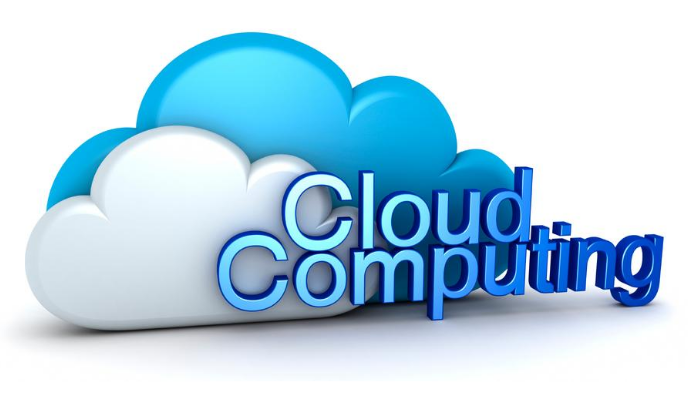-
Get Cloud GPU Server - Register Now!
Toggle navigation

What is cloud computing?
Cloud computing is the deliverance of services over the internet. Through cloud computing services, you can access resources, software, and information from any computer and a strong internet connection. This means, you don’t have to depend on physical infrastructure for the storage of such information, you can keep them safe and secure over the cloud, and access from anywhere at any time.
Google’s Gmail is a perfect example of cloud computing.
You can retrieve your Gmail account from any place and device. All you need are the credentials for your account, and you’re good to go for cloud computing.
Cloud computing involves the use of hardware and software to deliver services over the network (typically the internet). Most of the cloud computing servers are written in Java and C-Sharp, however, the programming language you use depends largely on the cloud surface you want to use. It works on a pay-as-you-go basis.
How does cloud computing work?
Cloud computing is popular in business arenas because of its ease and scalability. Instead of owing computer infrastructure or data centers, companies can rent applications or storage from any of the prominent cloud computing companies.
Companies can skip the complex procedure of acquiring IT infrastructure, and still access cloud computing services from the comfort of their location. Not only is it an economical way of delivering cloud solutions, but you’ll also pay simply for what you use and when you use it.
The top benefits of opting for cloud computing
Cloud computing is a big shift from the traditional manner of storing and accessing data and information. Businesses no longer have to worry about data safety and security. Cloud computing is much safer and reliable than traditional web hosting methods. These services will be managed by the provider, which is a sense of relief for the otherwise engaged IT resources and professionals.
The types of cloud computing services
Cloud computing is a vast domain. However, all of the cloud computing companies offer three types of services:
SaaS (Software as a Service)
It is a subscription-based method, delivering software applications over the internet. The cloud providers handle all the underlying infrastructure and maintenance tasks like routine upgrades and security patching. Users can connect with the software through the internet with the help of a browser or search engine on their phone, tablet, laptop, or computer. Therefore, the SaaS method is a widely adopted model amongst enterprise applications.
IaaS (Infrastructure as a Service)
A pay-as-you-go model and one of the most basic ones, with IaaS services from a cloud provider, you rent IT infrastructure, servers, virtual machines, storage, network, operating systems, etc. However, cloud providers include exceptional services like highly scalable databases, virtual private networks, big data analytics, developer tools, machine learning, artificial intelligence, application monitoring, etc. The top examples include Microsoft Azure, Google Cloud Platform, and IBM Cloud.
PaaS (Platform as a Service)
This type of service module includes on-demand development, testing, delivering, and management of software applications. It is mainly designed for developing mobile apps and websites, without panicking about the underlying structure of the servers, storage, network, and databases.
FaaS (Function as a Service)
A serverless computing method, it covers developers from everything in the stack below their code. Many cloud providers offer FaaS on top of IaaS. Until the blocks of code result in some form of event, the cloud provider does not charge you. Therefore, this reduces the pay-per-use fees.
The various types of cloud computing
There is no one type of cloud computing services right for your business. There are several different models, and you need to explore the right solution for your business needs.
There are three different methods for deploying cloud services. These include:
Uses of cloud computing
Cloud computing has improved data storage issues and concerns for businesses. A user can access all your files and data using a computer and a strong internet connection. Cloud computing services are better than your traditional storage methods, allowing remote data access using the internet. Cloud computing can be done anywhere and anytime. You can use similar services for various applications:
The future of cloud computing
Cloud adoption is no longer a phenomenon, but a necessity. With the growing size of enterprise data, the cloud offers a simple and easy way to store and access it. However, enterprises need to find their preferred provider from the long list of cloud computing companies and select the right cloud platform.